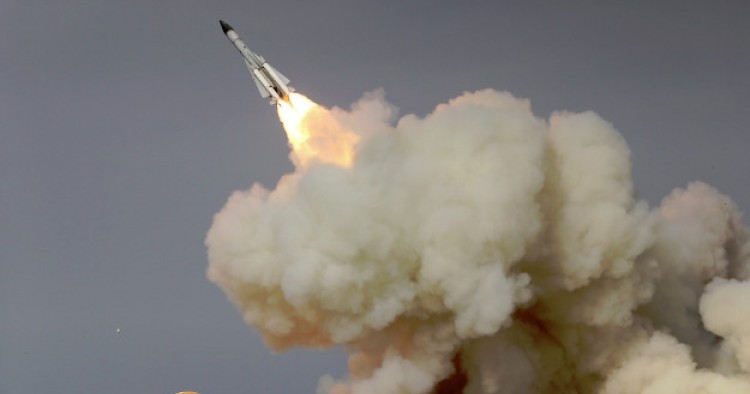On January 30, American officials said Iran had conducted a ballistic missile test at a site about 140 miles east of Tehran. They added that it was a failed test as the Khorramshahr medium-range ballistic missile exploded after flying 600 miles. Iran’s growing missile capability has been a source of concern for the United States and its Middle Eastern allies. UN resolution 2231 explicitly bars Iran from conducting “any activity related to ballistic missiles designed to be capable of delivering nuclear weapons, including launches using such ballistic missile technology."
While Iranian leaders claim their ballistic missiles are not designed to carry nuclear warheads, Western officials say some of the missiles Iran has tested after the 2015 nuclear deal have been "inherently capable of delivering nuclear weapons" and are "in defiance of" the UN resolution.
Hossein Dehqan, Iran’s defense minister and a former IRGC air force general, said last year that the Islamic Republic did not have “any limit for the range of liquid or solid-fueled ballistic missiles,” and that the “production of the national individual weapons and efforts to improve the quality and precision-striking power of ballistic missiles are among the defense ministry's achievements in the defense field." And last month, Brigadier General Amir Ali Hajizadeh, the IRGC’s Aerospace Force commander also said that Iran had enhanced the precision-striking capability and quality of its ballistic missiles.
In addition to UN resolution 2231, the United States has also retained its unilateral sanctions on Iran pertaining to missile and terrorism issues. On January 24, Republican Senators Marco Rubio, John Cornyn and Todd Young reintroduced the Iran Non-nuclear Sanctions Act, a bill that they claimed would “impose harsh financial and economic sanctions countering Iran’s non-nuclear provocations, including its ballistic missile violations, human rights abuses and support for international terrorism.”
The Middle East Institute (MEI) is an independent, non-partisan, non-for-profit, educational organization. It does not engage in advocacy and its scholars’ opinions are their own. MEI welcomes financial donations, but retains sole editorial control over its work and its publications reflect only the authors’ views. For a listing of MEI donors, please click here.













